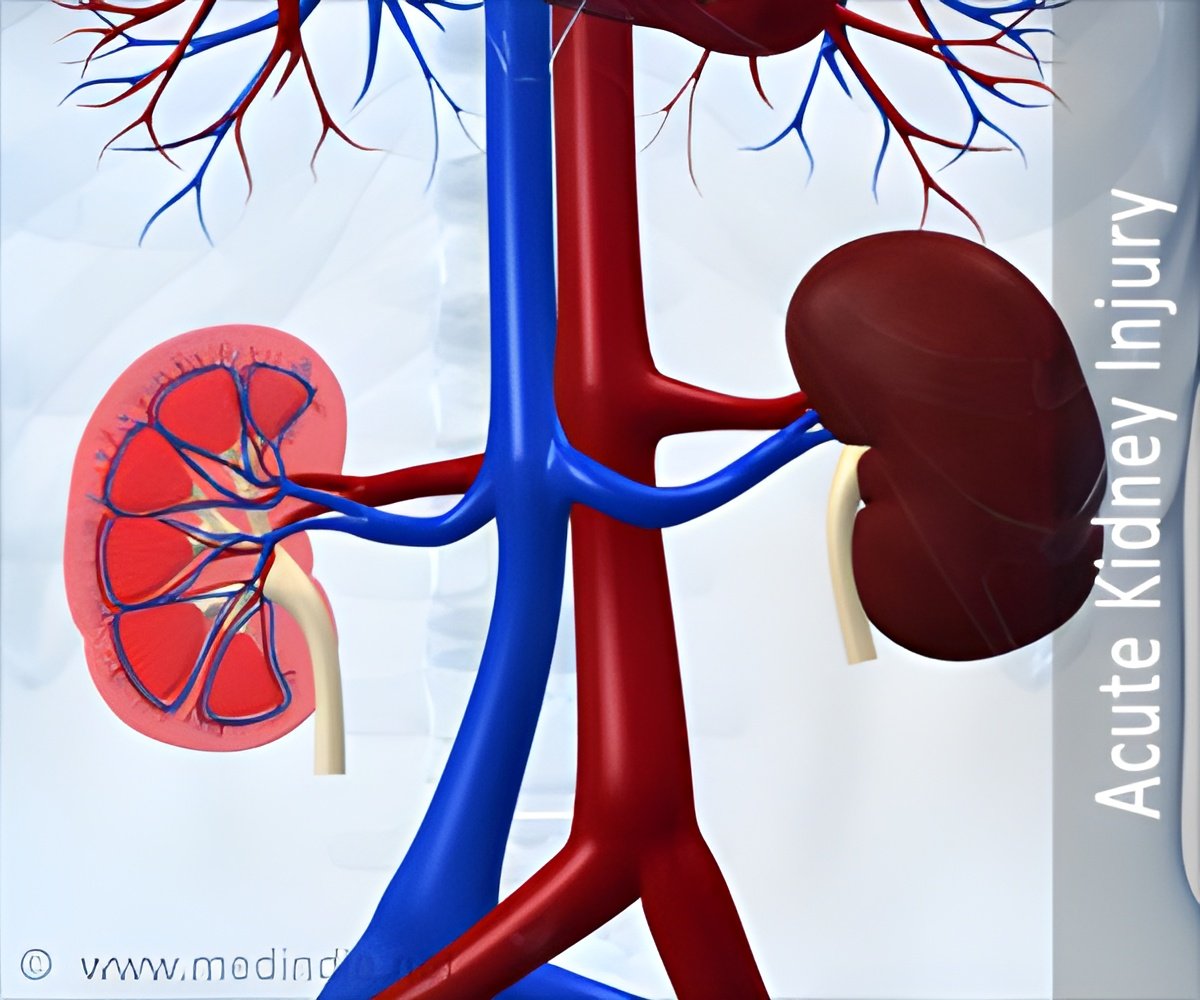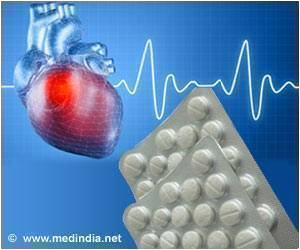
‘A common genetic variant in the HO-1 gene, which is present in approximately 40% of Caucasian individuals, is highly associated with development of acute kidney injury following cardiac surgery.’
Tweet it Now
To investigate, David E. Leaf, MD, MMSc (Brigham and Women's Hospital, Harvard Medical School) and his colleagues studied 2377 Caucasian patients undergoing heart surgery and looked for genetic variants in the HO-1 gene that are known to affect the gene's expression. "We found that a common genetic variant in the HO-1 gene, which is present in approximately 40% of Caucasian individuals, is highly associated with development of AKI following cardiac surgery," said Dr. Leaf. The genetic variant is known to results in decreased expression of the HO-1 gene, leading to less production of the HO-1 enzyme. Patients with 2 copies of the gene variant were 58% more likely to develop AKI after heart surgery compared with patients without the gene variant.
"These results are consistent with iron toxicity as a pathogenic feature of cardiac surgery-associated AKI, and HO-1 as a potential therapeutic target," said Dr. Leaf.
Source-Newswise















